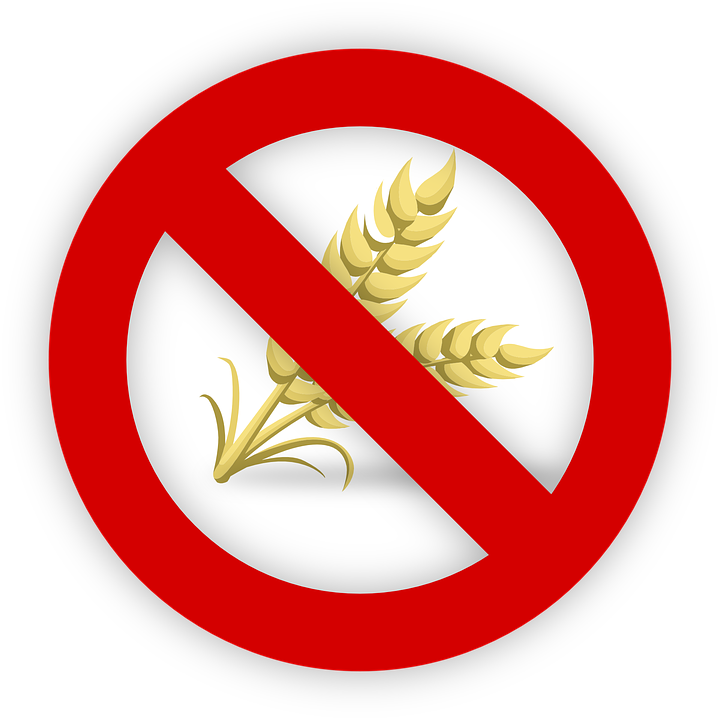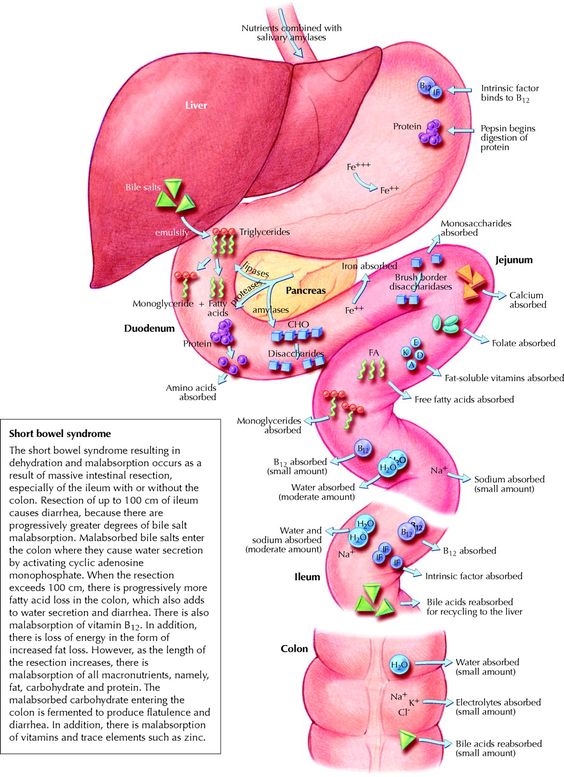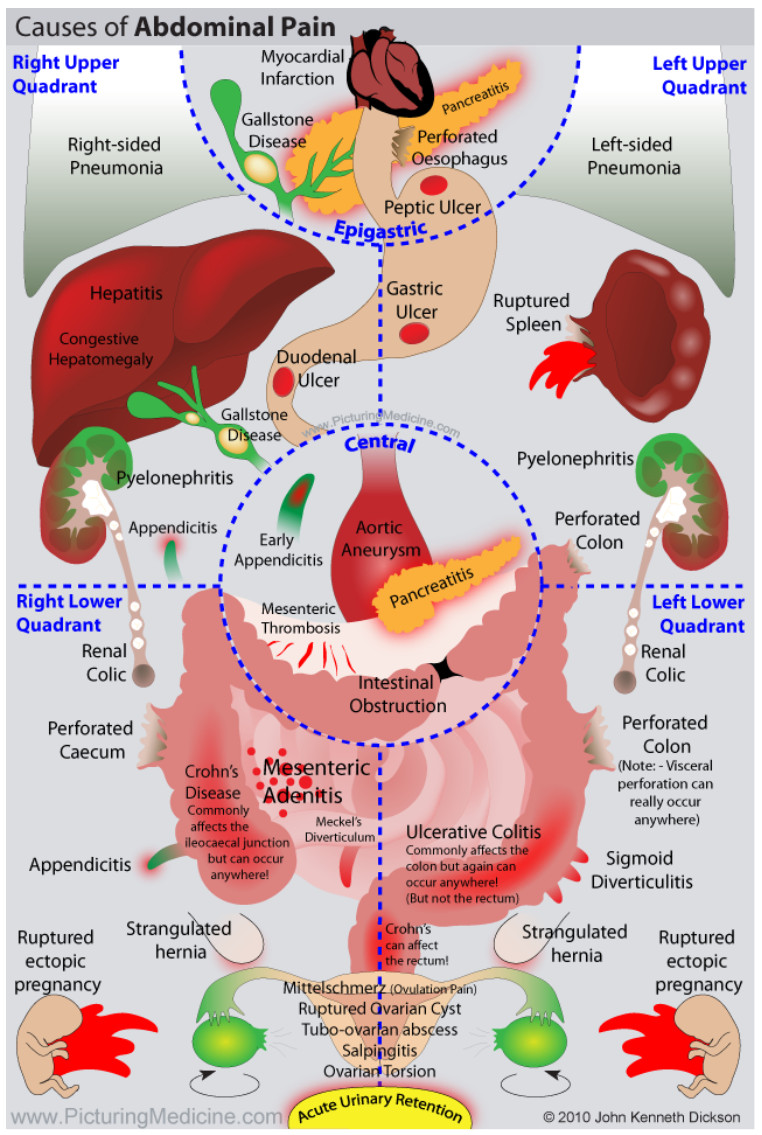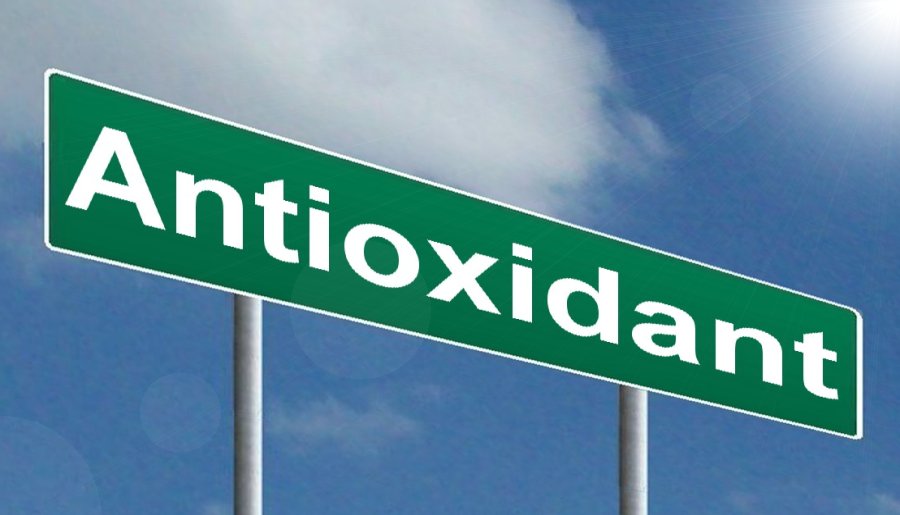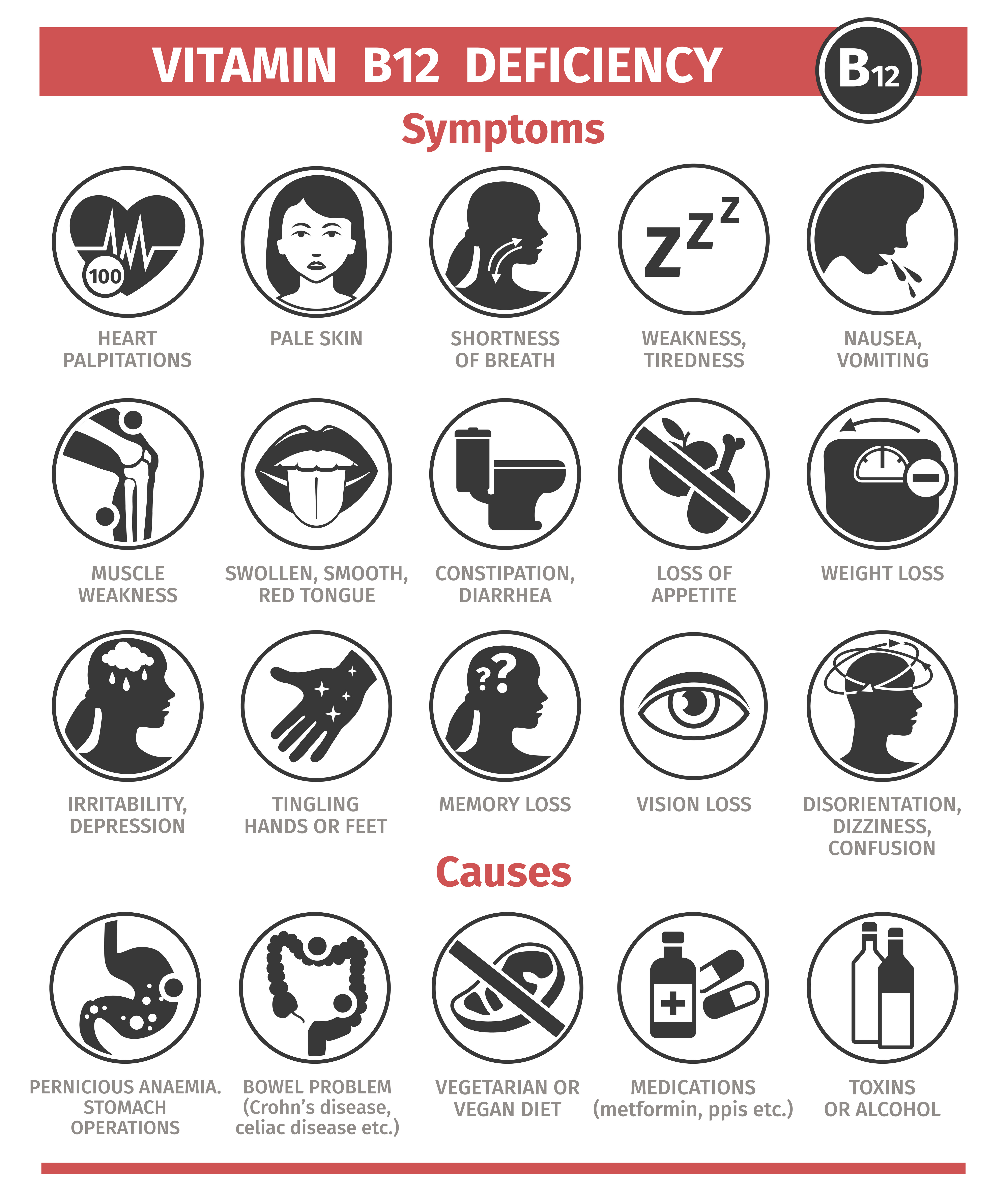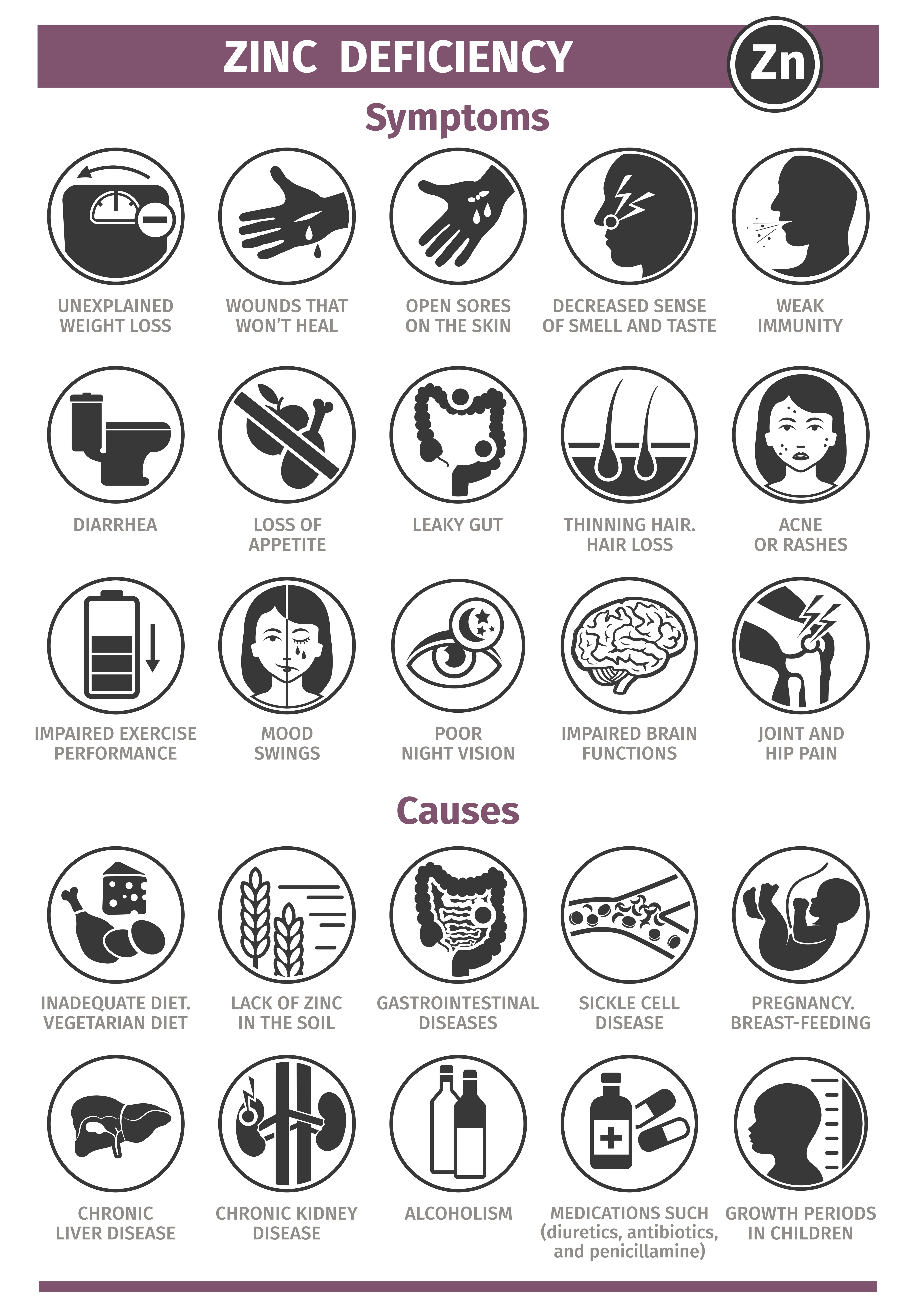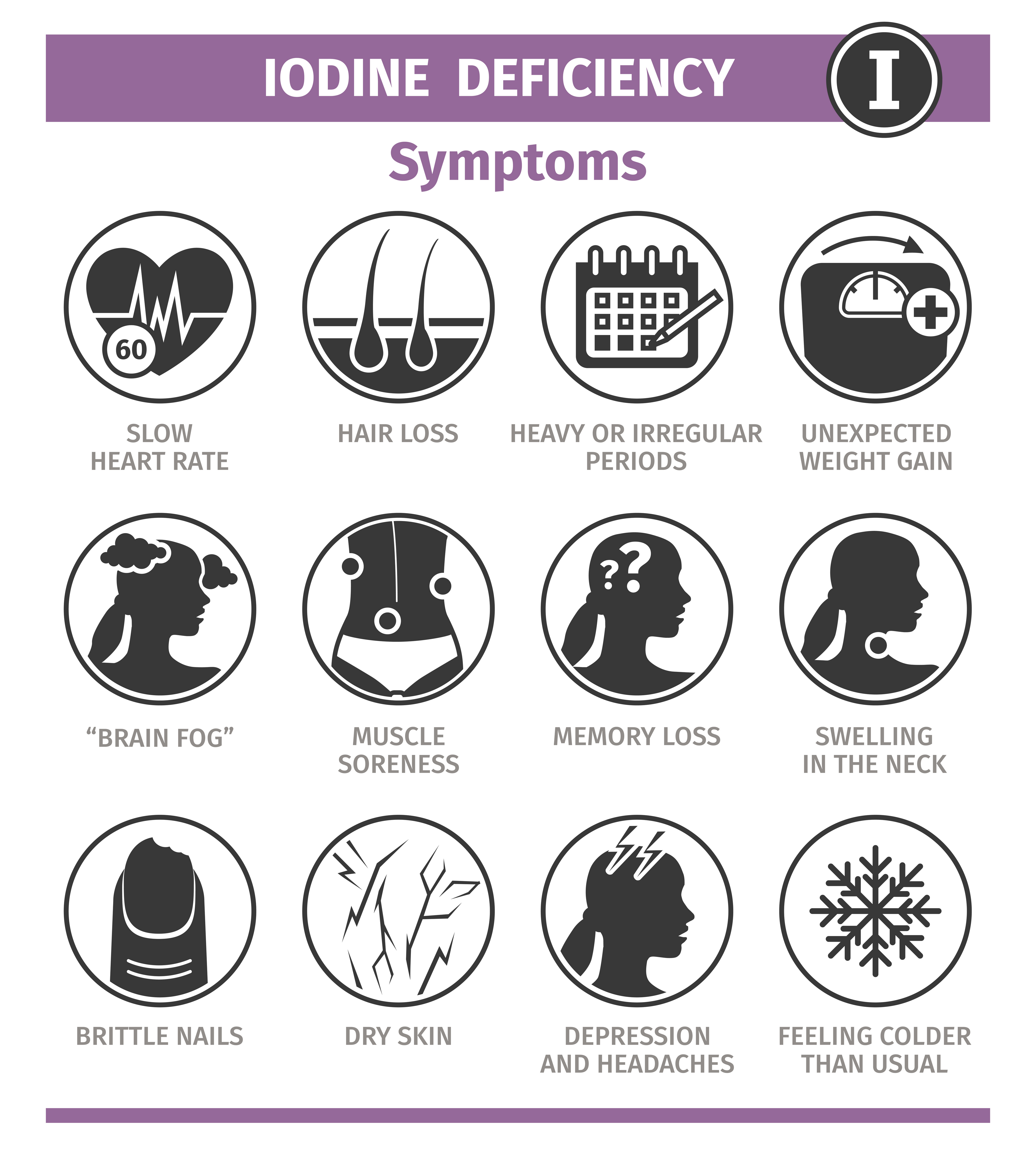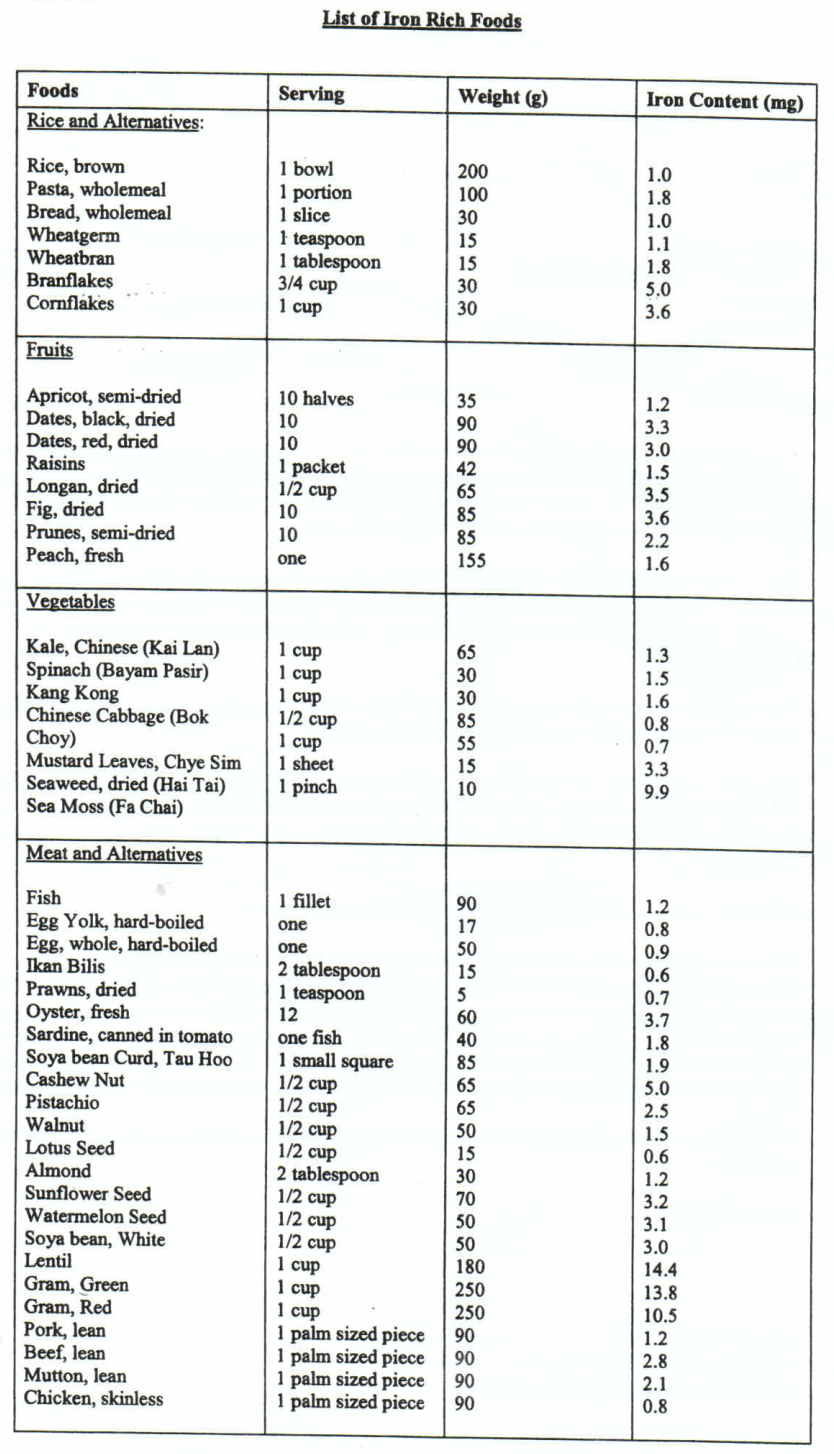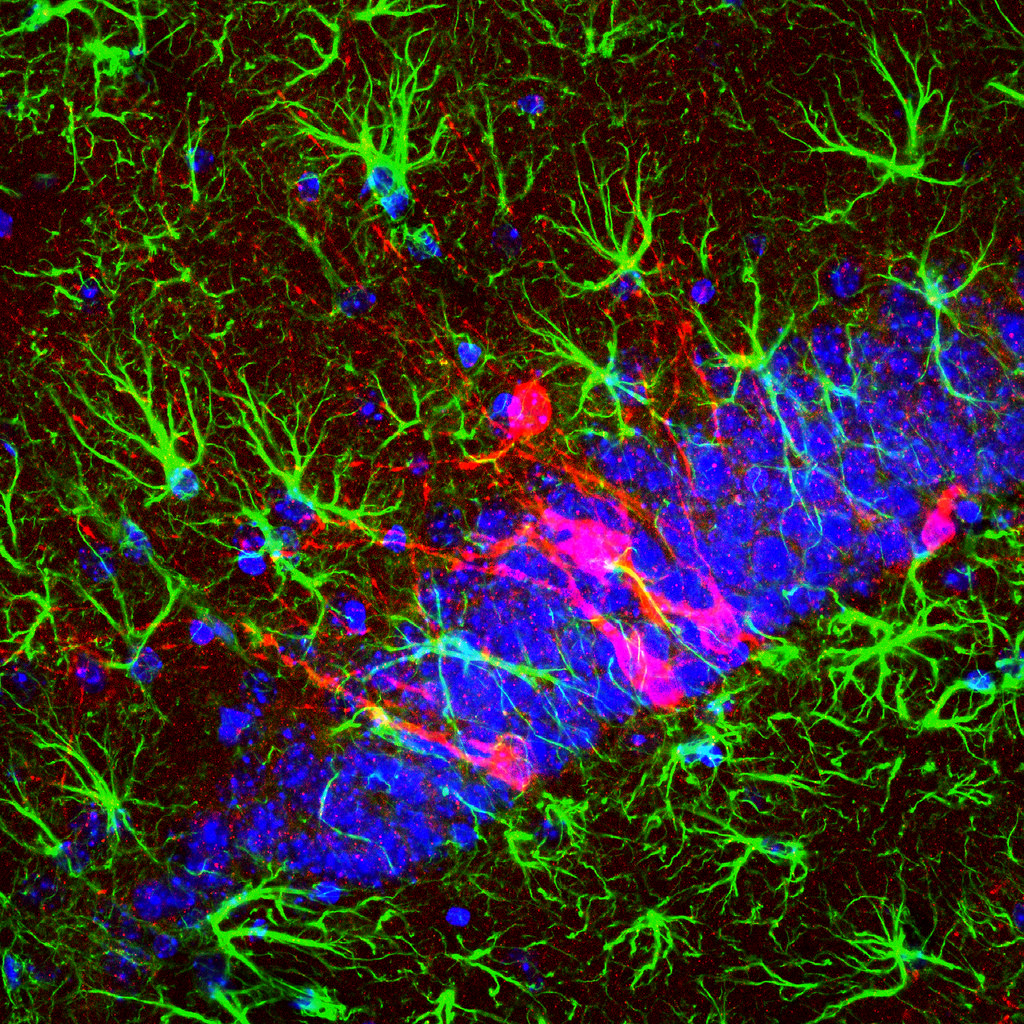Do you have Gluten Intolerance Symptoms?
This list of Gluten intolerance symptoms is longer than you imagine. Gluten is the plant protein mostly found in wheat.
The following list is cited in the books 'Wheat Belly' by Dr William Davies & 'Grain Brain' by Dr David Perlmutter. You can get yourself tested by your doctor for Gluten antibodies to confirm your condition.
Symptoms & Illnesses associated with
Gluten Intolerance or Gluten Sensitivity
- ADHD - ADHD Behavioural outburst
- Alcoholism
- ALS
- Anxiety
- Cerebella Ataxia (Loss of Balance, Inflammatory neurological symptoms – decline in coordination)
- Autism
- Auto-immune disorders
- Diabetes
- Hashimoto Thyroiditis
- Joint pains or swelling
- Rheumatoid Arthritis
- Bone Pain – Osteopenia
- Osteoporosis
- Brain fog / Mental fog
- Cancer
- Chest Pain
- Constantly getting sick
- Dairy Intolerance
- Delayed growth
- Depression
- Digestive Disturbances – Gas, Bloating, Diarrhea, Constipation, Cramping etc
- Heart disease
- Hives, rashes
- Infertility
- Irritable Bowel Syndrome
- Mal-absorbtion of Food
- Migraines
- Miscarriages
- Nausea, Vomiting
- Neurological disorders – Dementia, Alzheimer’s, Schizophrenia, Bipolar illness etc
- Parkinson’s disease
- Seizures – Epilepsy
- Sugar craving
- Celiac disease – abdominal cramping, diarrhea, intestinal bleeding
- Dermatitis Hepetiformis
- Asthma
- Leg oedema
Alessio Fasano, M.D.: The Gut is Not Like Las Vegas
The intestinal epithelium is the largest mucosal surface providing an
interface between the external environment and the mammalian host. Its
exquisite anatomical and functional arrangements and the finely-tuned
coordination of digestive, absorptive, motility, neuroendocrine and
immunological functions are testimonial of the complexity of the
gastrointestinal system. Also pivotal is the regulation of molecular
trafficking between the intestinal lumen and the submucosa via the
paracellular space. Under physiological circumstances, this trafficking
is safeguarded by the competency of intercellular tight junctions (TJ),
structures whose physiological modulation is mediated, among others, by
the TJ modulator zonulin. The structural and functional characteristics
of intercellular TJ and the protean nature of the intestinal content
suggest that the gut mucosa represent the “battlefield” where friends
(i.e., nutrients and enteric microflora) and foes (i.e., pathogenic
microorganisms and their toxins) need to be selectively recognized to
reach an ideal balance between tolerance and immune response to non-
self antigens. This balance is achieved by selective antigen trafficking
through TJ and their sampling by the gut associated lymphoid tissue. If
the tightly regulated trafficking of macromolecules is jeopardized, the
excessive flow of non-self antigens in the intestinal submucosa can
cause autoimmune disorders in genetically susceptible individuals.
This
new paradigm subverts traditional theories underlying the development
of autoimmunity, which are based on molecular mimicry and/or the
bystander effect, and suggests that the autoimmune process can be
arrested if the interplay between genes and environmental triggers is
prevented by re-establishing intestinal barrier competency.
Alessio
Fasano, M.D., founded the Center for Celiac Research in 1996 to offer
state-of-the art research, clinical expertise and teaching for the
diagnosis, treatment, and prevention of gluten- related disorders,
including celiac disease, wheat allergy and gluten sensitivity. In 2003
members of Dr. Fasano’s research team established that celiac disease
affects approximately 1 percent of the U.S. population, a significantly
higher number than previously believed. Researchers from the Center also
have recently identified molecular differences between celiac disease
and gluten sensitivity, a newly defined condition on the spectrum of
gluten-related disorders.
During research designed to develop a
cholera vaccine, Dr. Fasano uncovered a toxin, zonula occludens, which
causes diarrhea by loosening the tight junctions and allowing intestinal
permeability. Subsequently, the Fasano lab identified the protein
zonulin, which controls this process. Dr. Fasano’s research since
established the role of zonulin in the pathogenesis of celiac disease
and type 1 diabetes. Safety and efficacy testing of a zonulin inhibitor,
Larazotide acetate, has been completed and plans are underway for Phase
III clinical trials of the compound.
Dr. Fasano’s lab is
currently investigating the composition and changes in the
gastrointestinal microbiota to help determine why some individuals with
an inherited predisposition to celiac disease develop clinical disease
while others do not. His lab is also investigating the role of the
timing of gluten introduction to infants in the development of celiac
disease and working to uncover a biomarker and to develop a diagnostic
tool for gluten sensitivity. In addition, the Center is pursuing
possible links between gluten-related disorders and conditions such as
schizophrenia and Autism Spectrum Disorder in certain subgroups of
patients.
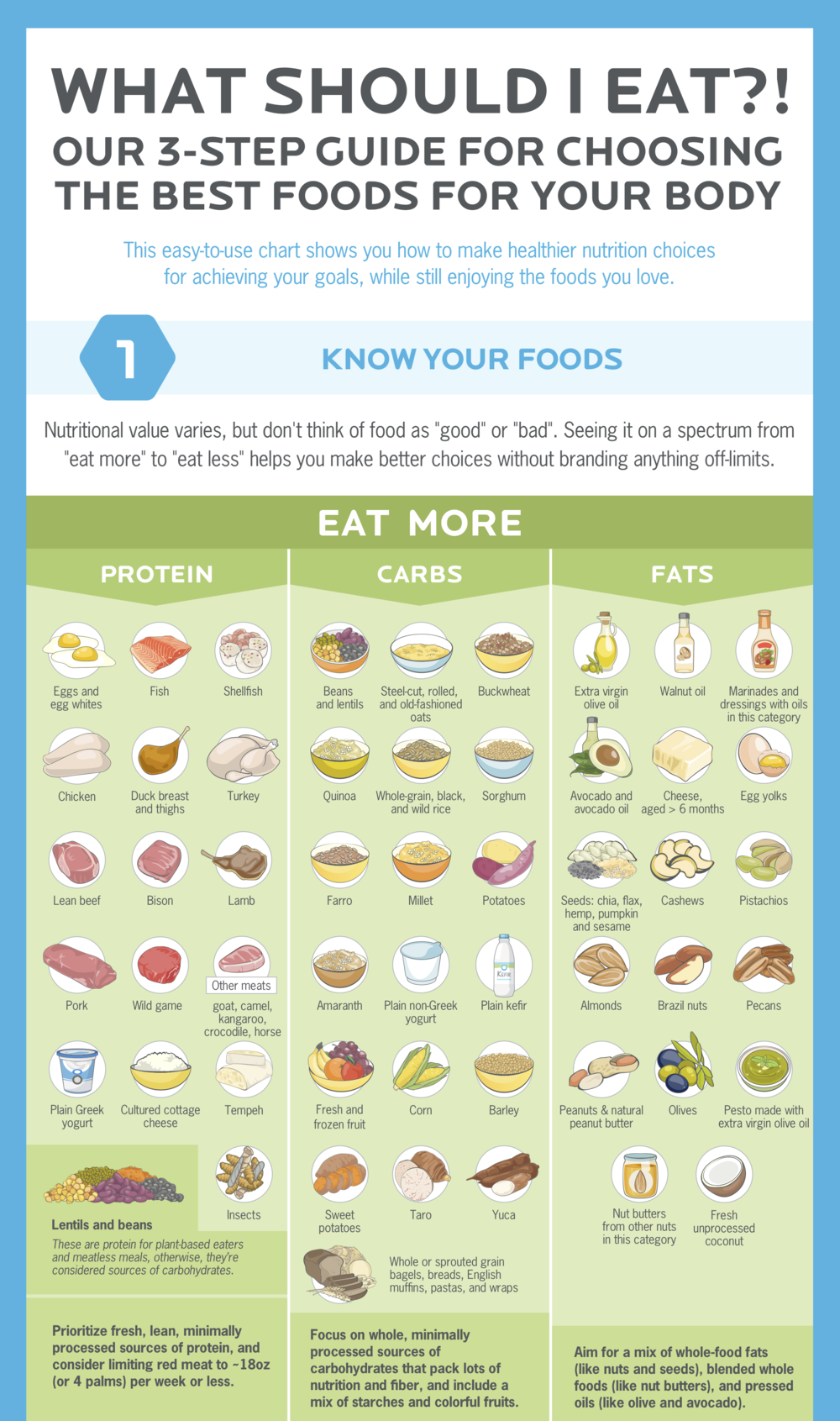
Gastrointestinal Tract Absorption of Nutrients
Grains containing Gluten besides Wheat :
- Barley
- Bulgur
- Couscous
- Farina
- Graham flour
- Bran
- Ferro
- Rusk
- Panko
- Kamut
- Matzo
- Orzo
- Rye
- Semolina
- Spelt
- Triticale
- Wheat
- Wheat germ
Grains that are Gluten-free :
- Amaranth
- Arrow root
- Buckwheat
- Corn
- Millet
- Potato
- Quinoa
- Rice
- Sorghum
- Soya
- Tapioca
- Teff
Foods that often contain Gluten :
- Baked beans (canned)
- Beer
- Blue cheeses
- Broths (commercially prepared)
- Breaded foods
- Cold cuts
- Cereals
- Chocolate milk (commercially prepared)
- Communion wafers
- Egg substitute
- Energy bars
- Flavoured coffees & teas
- French fries (Often dusted with flour before freezing)
- Fried vegetables tempura
- Fruit fillings & puddings
- Gravy
- Hot dogs
- Ice cream
- Imitation crab meat, bacon etc
- Instant hot drinks
- Ketchup
- Malt, malt flavouring
- Marinades
- Mayonnaise
- Meat balls, meat loaf
- Malt vinegar
- Non-dairy creamer
- Oat bran (unless certified gluten free)
- Oats (unless certified gluten free)
- Processed cheese (eg valvedar)
- Roasted nuts
- Root beer
- Salad dressings
- Sausage
- Soups
- Soya sauce & Teriyaki sauces
- Syrups
- Trail mix
- Veggie burgers
- Vodka
- Wheat grass
- Wine coolers
Daily bread - Can any human body handle gluten? Dr. Rodney Ford | TEDxTauranga
Gluten – friend or foe?
This was the talk that got the standing
ovation and changed everyone’s eating habits for the rest of evening.
Over the course of 15 minutes Dr. Rodney Ford, MB. BS. MD. FRACP, and a
pioneer in the field of paediatric food allergies, convinced an audience
of 500 that nobody is equipped to digest gluten. How did he do it?
By using lego! Dr. Ford showed us the indigestible gluten protein is
chased by the antibodies that our systems create to combat the gluten.
Based on decades of research, Dr. Ford believes that abundant health
can be achieved by anyone who eats the appropriate foods.
Dr
Rodney Ford, MB. BS. MD. FRACP, is a paediatrician and former Associate
Professor in the Department of Paediatrics at Christchurch Clinical
School. He is a specialist in food allergy and gastroenterology at the
'The Children's Clinic and Allergy Centre', Christchurch, New Zealand.
Rodney's philosophy is “diet: not drugs” as he has seen too many people
given medications for symptoms without first considering the possibility
of food allergy or food intolerance. Rodney has been investigating
adverse reactions to gluten for over 20 years and these illnesses have
now been labelled “Gluten-related disorders” or Gluten Syndrome, with
world-wide evidence accumulating that gluten may not be healthy for us
all. Dr. Ford's current goal is to bring communities up-to-date about
the harmful effects of gluten.
Here is a list of the Best Antioxidants and Free Radical Scavengers that you should be taking as dietary supplements daily as recommended by Dr David Perlmutter, author of 'Grain Brain':
- Tumeric
- DHA Omega 3
- B complex vitamins (including Vitamin B12)
- Vitamin C & D
- Bacopa
- Brocolli
- Alpha-Lipoic acid 300 (ALA)
- Ashwagandha
- Resveratrol
- Milk Thistle
- Green Tea
- Probiotics
- Coenzyme Q10 (coq10)
These nutritional supplements reduce oxidative stress on your brain and body, thus protecting your health.
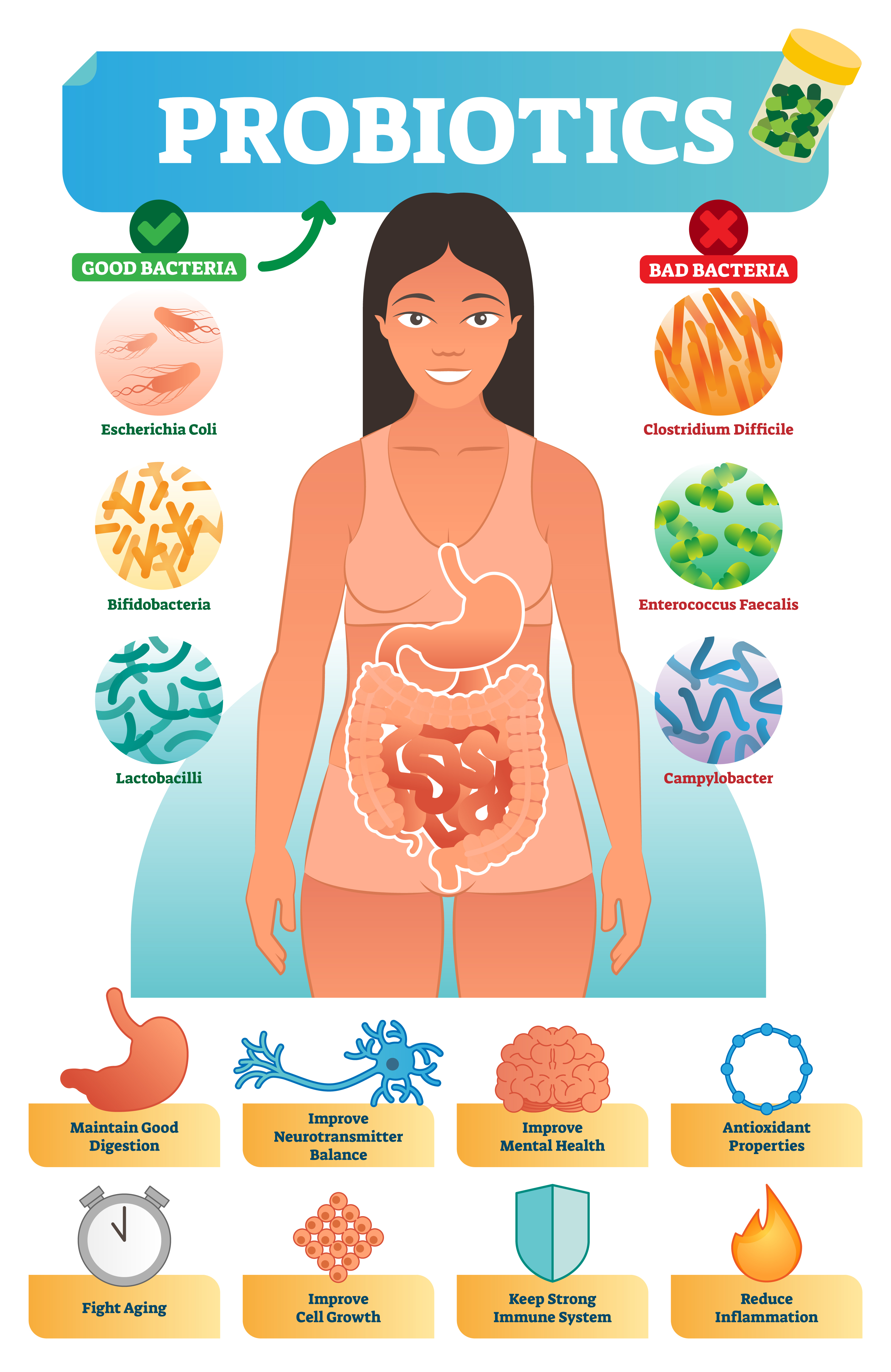
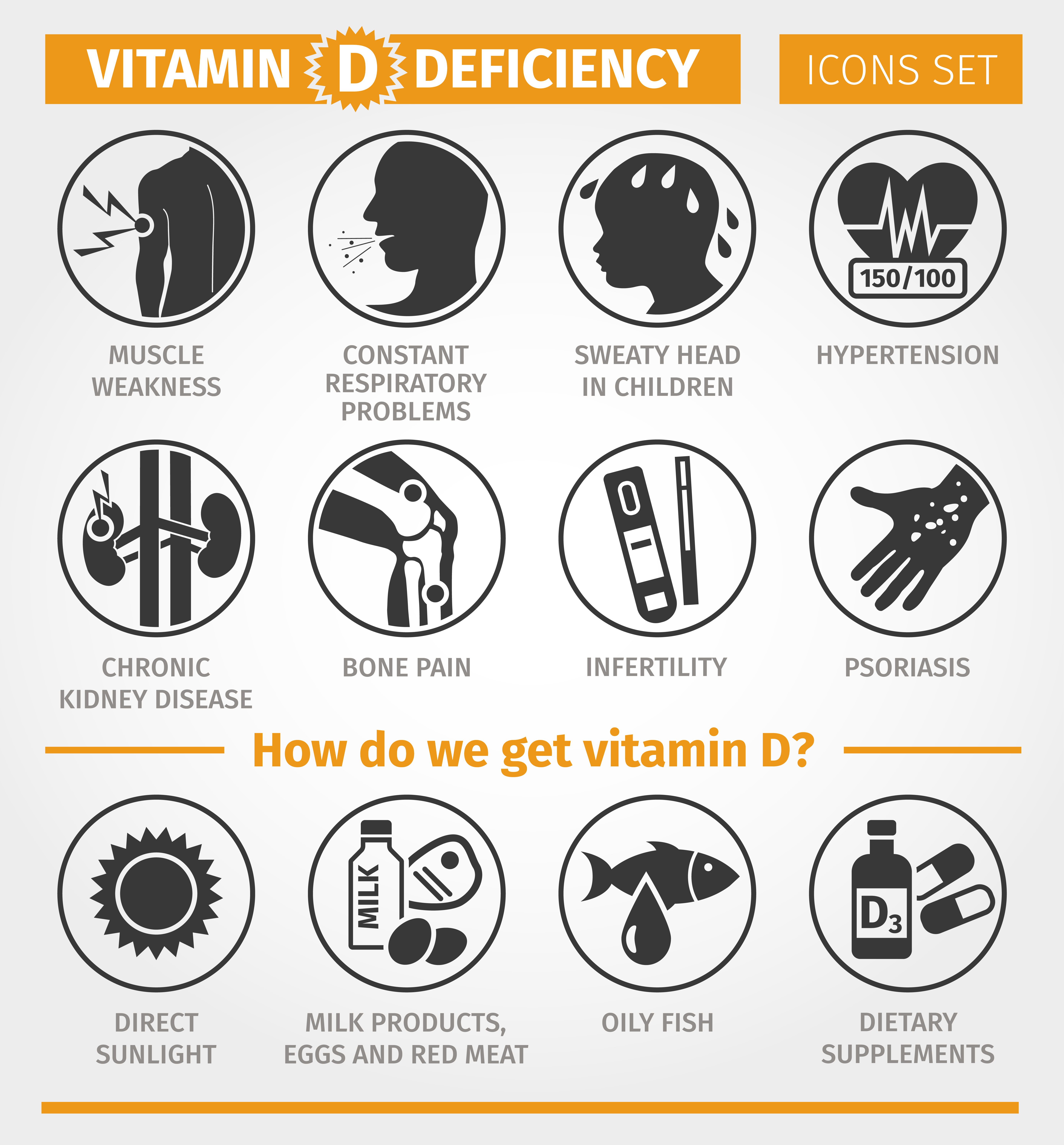
Healthy Diets for Optimal Health
|
Jeff Volek - The Many Facets of Keto-Adaptation: Health, Performance, and Beyond
Obesity is a condition of excess fat accumulation in adipocytes where
the person is literally stuck in storage mode diverting a
disproportionate amount of calories into fat cells as opposed to
oxidation. Thus it is more productive to think of obesity as a problem
in 'energy flow' rather than energy expenditure (i.e., calories in,
calories out). The most efficient approach to accelerate the body's
ability to access and burn body fat is to restrict dietary carbohydrate
while increasing fat intake for a period of several weeks, after which
fatty acids and ketones become the primary fuel at rest and during
submaximal exercise. The coordinated set of metabolic adaptations that
ensure proper inter-organ fuel supply in the face of low carbohydrate
availability is referred to as keto- adaptation. This unique metabolic
state has recently been shown to have widespread and profound
therapeutic and performance-enhancing effects ranging from reversing
type 2 diabetes to shrinking tumors to allowing ultra-endurance runners
to set course records. This presentation will discuss the physiologic
effects of very low carbohydrate diets with an emphasis on their unique
effects on both features of metabolic syndrome and human performance.
Dr.
Jeff Volek is a Full Professor in the Department of Kinesiology at the
University of Connecticut where he teaches and leads a research team
that explores the physiologic impact of various dietary and exercise
regimens and nutritional supplements. Dr. Volek's most significant line
of work has been a series of studies aimed at better understanding what
constitutes a well formulated low carbohydrate diet and the
physiological impact on obesity, body composition, fatty acid
composition and lipoprotein metabolism, gut micro-biome, adaptations to
training and overall metabolic health. This line of work has shown
profound effects of ketogenic diets on overall health and well-being, as
well as peak performance. He has published more than 250 peer-reviewed
manuscripts, many of which were longitudinal interventions of
carbohydrate restricted diets. Specific to low carbohydrate diets, Dr.
Volek has authored/co-authored 4 books, 60 peer-reviewed manuscripts and
reviews, and delivered over 100 invited presentations on low
carbohydrate diets in half a dozen countries at scientific and industry
meetings. Through more than a decade of research dedicated to better
understanding low carbohydrate diets, Dr. Volek has accumulated an
enormous amount of laboratory and clinical data on how carbohydrate
restricted diets affects human physiology, and acquired a unique
knowledge pertaining to the individualization and formulation of safe,
effective and sustainable low carbohydrate diets.
The information provided in this website is for knowledge purposes only. It does not constitute medical advice.
Should you encounter any medical problem that you are unsure of, always consult your doctor or health care provider for assistance and medical advice.
